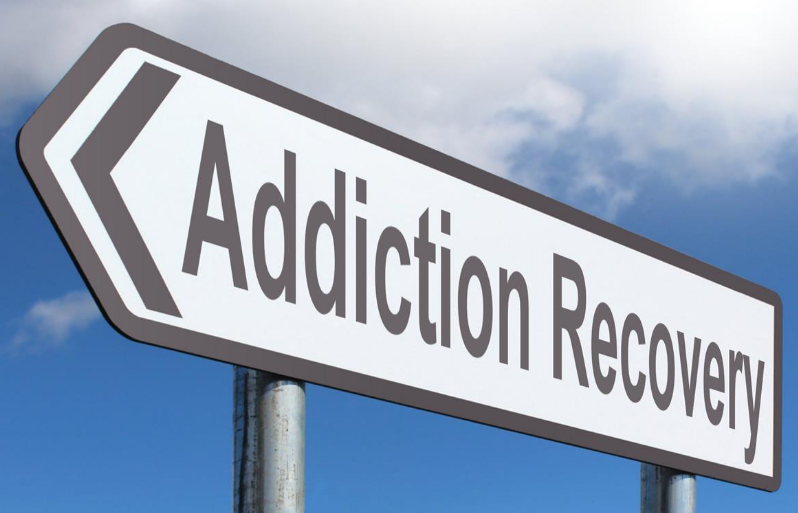Aftercare Programs Are Critical To Addiction Recovery
 Addiction is a complicated and demanding disorder, but it does help to obtain treatment to improve the lives of people who deal with the illness. Better outcomes are possible when care services are extensively available and customized to the individual’s needs. Sadly, it is not received by the vast majority of individuals who need intensive substance abuse care.
Addiction is a complicated and demanding disorder, but it does help to obtain treatment to improve the lives of people who deal with the illness. Better outcomes are possible when care services are extensively available and customized to the individual’s needs. Sadly, it is not received by the vast majority of individuals who need intensive substance abuse care.
The Substance Abuse and Mental Health Services Administration (SAMHSA) reports that less than fifteen percent of people who require care for drug abuse are receiving it. A major step that many individuals seldom take is making strides towards recovery from substance addiction. Yet, there’s far more exploration that needs to be done.
Addiction Treatment
The treatment of addiction is not a phase that stops after detoxifying but rather a long-term effort to lead a drug-free existence.
A broad range of treatment services and aids can be used in this process. As part of the treatment continuum, aftercare for substance rehab is an integral part of overall rehabilitation.
After a time of medically controlled detox, several people first embark on their addiction recovery journey.
This first-line measure can include medical detox based on the substances exploited and the advice of rehabilitation specialists.
All structured detox procedures are performed to allow the healthy, relaxed clearance of drugs and their toxic effects from the bodies of people in early rehab from drug dependency, whether medicines are included.
While detox is an essential first phase, lengthy isolation from addictive substances by itself is rarely sufficient.
Many transitioning individuals carry on with a duration of formal addiction care, as an inpatient or outpatient facility, following satisfactory detox implementation.
While the timeframe for rehab or other structured treatment periods will vary, this rehabilitation stage will reach an endpoint at some stage.
Establishing Continuing Care
This is where careful preparation for aftercare becomes critical. Substance abuse treatment services that emphasize sustainable rehabilitation would not send members of the initiative on their way without a strong discharge plan and align them with professional aftercare services.
Aftercare is a widespread term used to describe any continuing or follow-up treatment for drug abuse after an initial recovery program.
No matter the environment, treatment service, or strategies used, the objectives of aftercare services for addiction are the same and include:
Preventing Relapse
One explanation why continuing therapy is essential is that long-standing drug abuse can, in certain instances, change regular brain functioning.
Several emotional problems also follow the physical effect of addiction, influencing emotions, feelings, and habits that can continue long after the drug is extracted from the body.
Addiction-related physiological changes and their possible permanent effect on both mental and physical health help to reinforce the need for long-term care.
Aftercare Efficiency Assessment
There’s no simple cure for addiction, like many other chronic illnesses. Relapse is still a probability, which makes assessing the success of an aftercare initiative difficult.
The National Institute on Drug Abuse (NIDA) estimates that to end their drug use, most individuals need at least three months of treatment, such as Mile High Rehab Programs.
Overall, NIDA believes longer treatment is more crucial than the type of treatment for success.